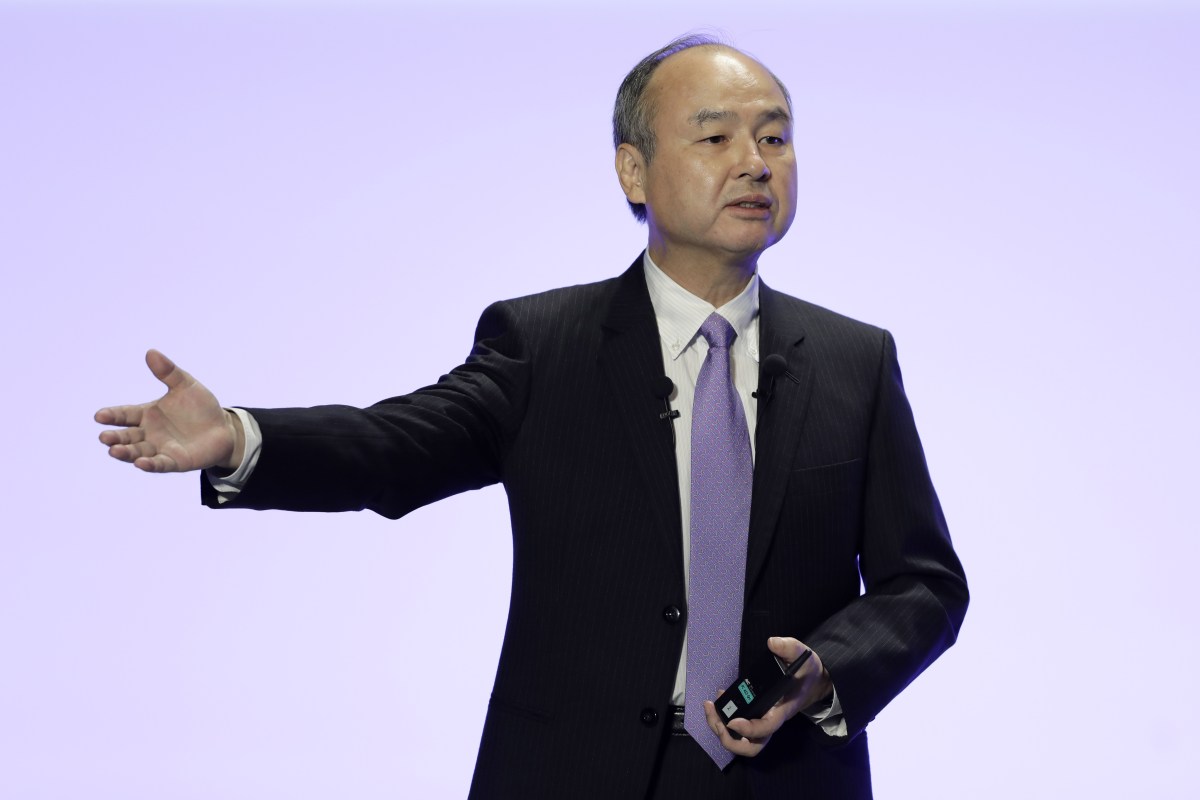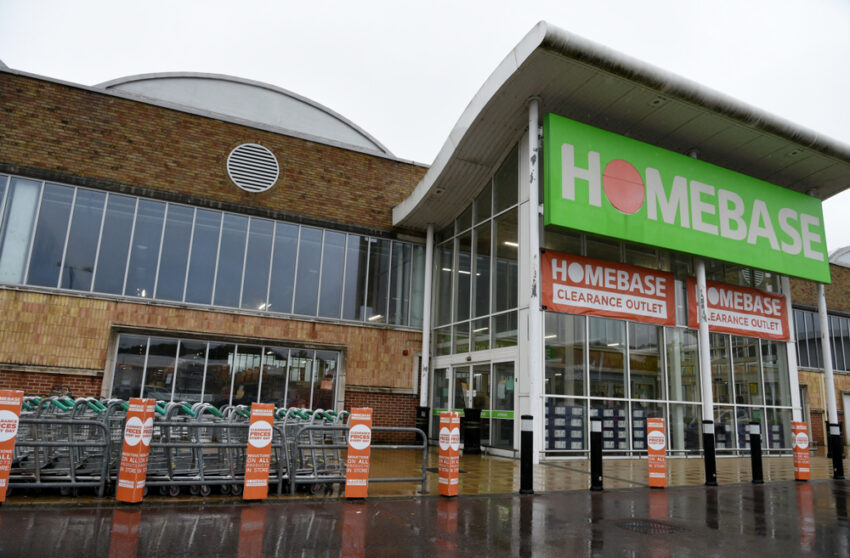Merz’s anti-migration drive triggers backlash over far-right support
Germany's likely next chancellor wants tougher migration measures even with AfD support, triggering a fierce pre-election debate.
BERLIN — A taboo-breaking gambit from Germany’s likely next chancellor to crack down on migration with the help of far-right lawmakers looks to be paying off — at least for now.
The German parliament is set to debate conservative leader Friedrich Merz’s plans for tougher migration measures, with votes from the far-right Alternative for Germany (AfD) party potentially giving Merz the parliamentary majority he requires to push through a law to sharply cut migration.
The move is hugely significant weeks ahead of a national election because Germany’s mainstream political parties have long sought to maintain a Brandmauer, or “firewall,” around the AfD — refusing even to pass legislation that depends on far-right votes.
Merz’s change of tack to accept AfD support may well be part of a pre-election effort to win back voters who have defected to the far right. But the tactics have drawn heavy criticism from Merz’s left-leaning rivals, who accuse him of breaking Germany’s post-war quarantine of the far right.
The fierce debate gets to core of Germany’s postwar identity as a nation that has learned from is dark history, making it unclear whether Merz’s gamble will ultimately help conservatives at the polls ahead of a national election on Feb. 23.
Leaders in the left-leaning Social Democratic Party (SPD) and the Greens harshly criticized Merz’s willingness to rely on AfD votes. Rolf Mützenich, the parliamentary leader from the SPD, said Merz’s move “not only saddens me … but appalls me.”
“Any attempt to vote with the AfD here in the German Bundestag will put our country on a slippery slope,” he said.
German Chancellor Olaf Scholz, too, spoke Tuesday about what he framed as the perils of the far-right firewall crumbling, questioning whether Merz would stick to his promise not to form a coalition government with the AfD.
“Citizens must ask themselves whether they can rely on the fact that, if there were a CDU and AfD majority, there would not be a black-blue coalition after all,” Scholz told German television, referring to conservative and far-right party colors.
‘Xenophobia and conspiracy theories’
In the wake of a deadly knife attack in the Bavarian city of Aschaffenburg last week allegedly perpetrated by an Afghan man, Merz vowed to lead a major crackdown on migration if he becomes chancellor.
Part of that promise involved pushing three separate proposals in the Bundestag which would, among other provisions, call for a blanket rejection of all asylum-seekers arriving on Germany’s borders and indefinite detention for individuals who are required to leave the country but either cannot be deported or refuse to leave voluntarily. Likeliest to pass in the Bundestag is an immigration “influx limitation law” on Friday.
Merz has walked a complicated political tightrope in the days since announcing his plans: He’s facing pressure to take a harder stance on migration in order to keep the AfD from gaining further electoral ground, but has also sought to maintain distance from the party, arguing the AfD is a danger to German democracy. He has worked to get other mainstream parties on board with his proposals, while also suggesting he would pass tough migration measures without them if necessary.

Germany’s conservatives are leading the polls with 30 percent — making Merz, the leader of the Christian Democratic Union (CDU), the likely next chancellor — and the AfD is in second place with 20 percent.
Merz’s party has sought to push back against the perception that it’s collaborating openly with the AfD. In one migration-related proposal, the CDU explicitly criticized the AfD as a party that “uses problems, worries and fears caused by illegal migration to stir up xenophobia and spread conspiracy theories.”
And as he discussed his legislative plans Tuesday, Merz said the CDU had shared its proposals with the SPD, the Greens and the FDP — “but of course not the AfD, we don’t discuss such topics with them.”
“I don’t understand why [the SPD and the Greens] can’t get on board when we’re facing such a threat to domestic security and order in our country,” Merz added, saying these parties “need to ask themselves whether they want to vote for this and finally take measures to get illegal migration in Germany under control.”
Despite one CDU federal board member anonymously telling German media the move of accepting AfD support to pass legislation is “political suicide,” the party has publicly closed ranks around Merz’s strategy.
Hardening of the battle lines
Jürgen Hardt, a senior CDU parliamentarian, told POLITICO the move will help ensure the mainstream parties stop losing votes to the AfD — and potentially even bring some back.

“We’re making sure no one else moves toward the AfD’s side, because they can find a political answer to their urgent concerns within the democratic parties,” he said.
AfD leaders have said they plan to vote for all anti-immigration proposals up for debate this week, including the one criticizing the party.
“We’ll vote for this proposed law, because as we have made clear … we believe the country comes first, then the party,” AfD parliamentary leader Tino Chrupalla said Tuesday.
The center-right Free Democratic Party (FDP) has also said it would support Merz’s “influx limitation law.”
The hardening of battle lines on the issue of migration — with Merz, the AfD and the FDP on one side, and the SPD and the Greens on another — sharpens the terms of debate in the final weeks of the election campaign.
It may also make it harder for Merz to form a governing coalition after the election. CDU leaders have reiterated they are unwilling to enter into a governing coalition with the AfD, leaving them to govern with the SPD or the Greens — or perhaps, depending on the election outcome, even both parties.
Rasmus Buchsteiner and Pauline von Pezold contributed to this report.
What's Your Reaction?



























:quality(85):upscale()/2025/01/08/844/n/1922398/cde2aeac677eceef03f2d1.00424146_.jpg)
:quality(85):upscale()/2024/11/27/891/n/1922398/123acea767477facdac4d4.08554212_.jpg)
:quality(85):upscale()/2024/12/02/919/n/1922398/2b4b75f6674e20edcc99c3.42112799_.jpg)
:quality(85):upscale()/2024/10/29/690/n/1922398/e9bec6b46721006258d949.01358236_.jpg)
:quality(85):upscale()/2024/10/10/868/n/1922283/ab92f44867083000877668.26101188_.jpg)













